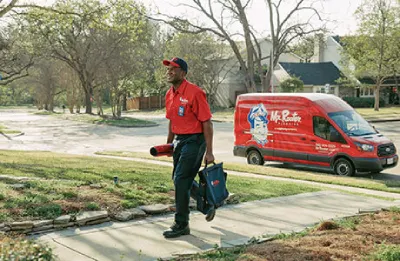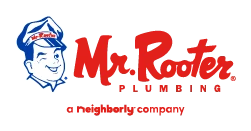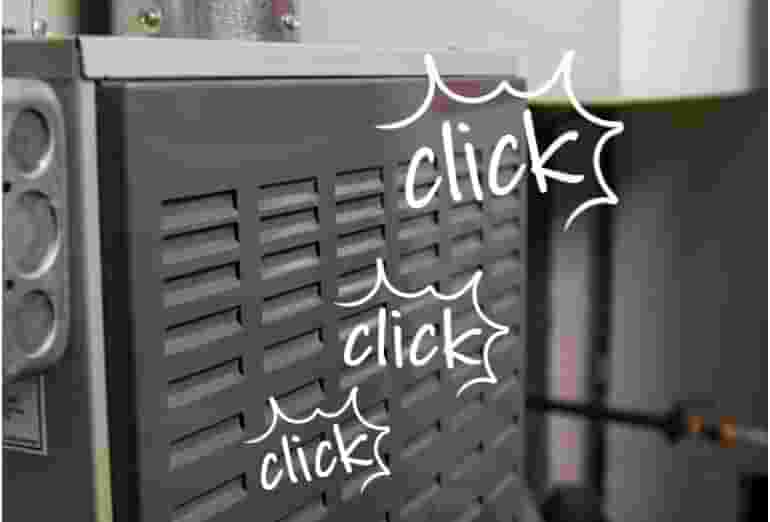When on site, we access both the inlet and outlet of your tank, so that we can inspect the inlet and outlet baffles. The inlet and outlet baffles are important to the functioning of your tank and these must be routinely checked. The inlet baffle redirects the flow of sewage coming into the septic tank and allows proper separation of the materials. The outlet baffle retains the solids in the tank and allows only processed wastewater to enter the drain field. After pumping, we will use a camera to check everything out. We also offer the Jetter service for your drain field. This service can open clogged holes in the drain field with its hydro power. Jetting is needed when you have roots in the drain field or when your drain field is clogged. We often recommend the Jetter service as a first step before replacing the whole drain field. We are also licensed and insured to install and or repair your septic system including the septic tank, pump tank, distribution box, and drain field lines. There are two documents you need to have completed before we start this process. You are required to have a soil survey done and to get a permit from the department of environmental health.
- Apply Locally
Call phone number(912) 330-4177 24/7 Scheduling
 Click to call
Click to call



